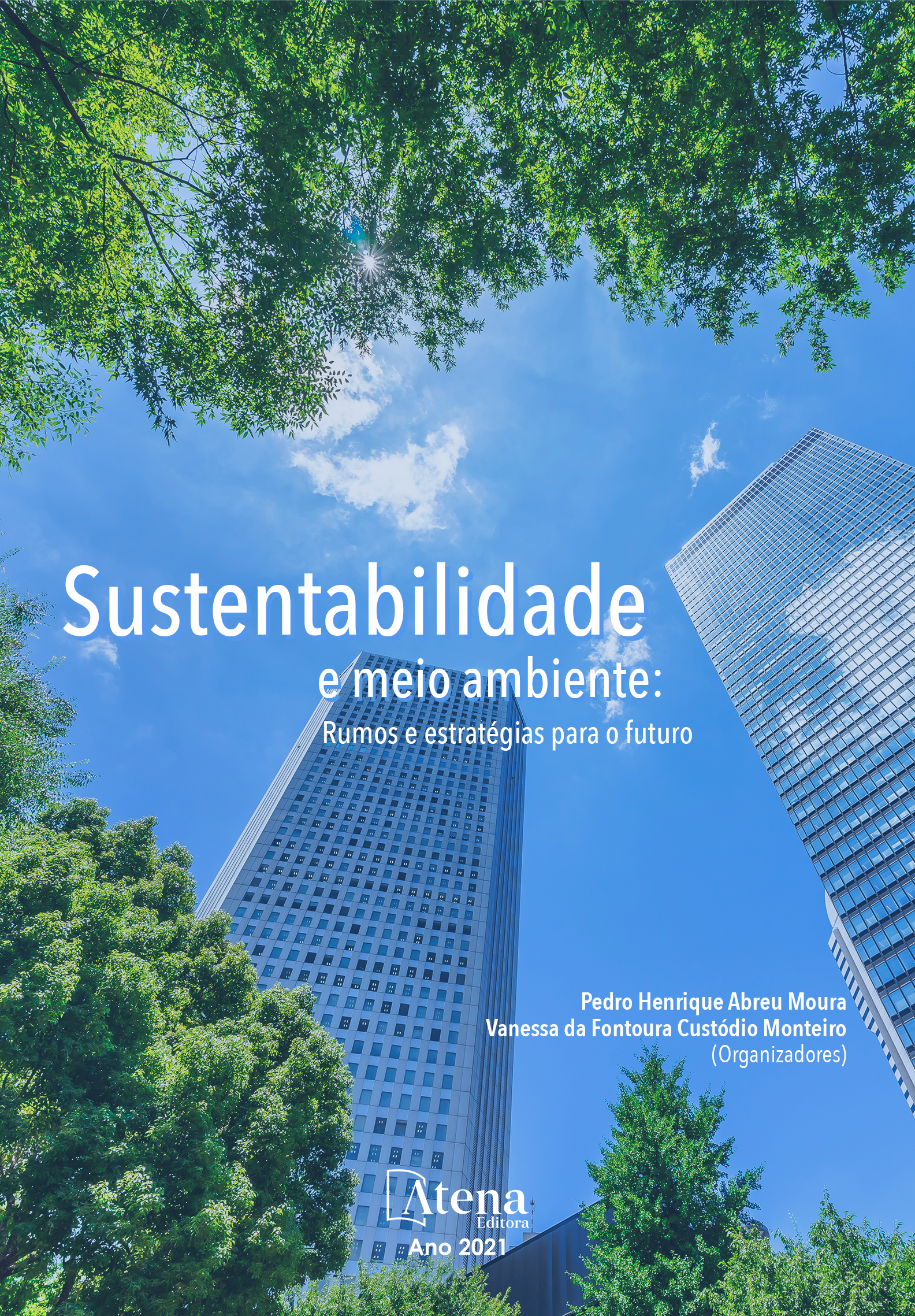
PERCEPÇÕES DOS RESIDENTES DA VILA DE RIBÁUÈ NA PROVÍNCIA DE NAMPULA (MOÇAMBIQUE) EM RELAÇÃO AO DESENVOLVIMENTO ECONÓMICO LOCAL ATRAVÉS DO PROGRAMA NACIONAL DE DESENVOLVIMENTO SUSTENTÁVEL (PNDS) “UM DISTRITO, UM BANCO” (2016-2021)
Com o presente artigo pretendemos avaliar percepções dos residentes da Vila de Ribáuè, Província de Nampula (Moçambique) em relação ao desenvolvimento económico local através do Programa Nacional de Desenvolvimento Sustentável (PNDS), concretamente o projecto denominado por Um Distrito, Um Banco. Um Distrito, Um Banco é um programa de iniciativa presidencial, criado no ano de 2016, com objectivo principal de responder os desafios de subdesenvolvimento nas zonas rurais, onde a maior parte da população dedica-se à actividade agrícola e ao comércio informal. Na sua maioria, o programa Um Distrito, Um Banco tem sido implantado nas Sedes distritais, como é o caso da Vila de Ribáuè que é a capital do Distrito com o mesmo nome, localizada na Província nortenha de Nampula, em Moçambique. Em termos metodológicos, para este artigo optamos pelo paradigma misto ou multimétodo que resulta da combinação das abordagens qualitativa e quantitativa. Quanto ao procedimento, trata-se da Pesquisa documental e bibliográfica. Quanto aos objectivos, a presente pesquisa é exploratória e descritiva. No que diz respeito ao método, para este estudo optamos pelo método indutivo. Como técnica e instrumento de recolha de dados, optamos pela revisão da literatura, análise documental, inquérito por entrevista semi-estruturada e observação. Depois de realizarmos a pesquisa constatamos que há posicionamentos diferentes em torno do programa Um Distrito, Um Banco. Um grupo entende que o programa não é abrangente pois, o grupo privilegiado é dos funcionários públicos, aqueles que possuem uma renda mensal que serve de colateral ou garantia no acto da contração do crédito. Um outro grupo, entende que o programa tem vindo a ajudar a comunidade local pois, os que se beneficiam do produto têm contribuído no desenvolvimento socioeconómico da Vila pois, com o crédito implantam bens e serviços tais como pequenos hotéis, pensões, restaurantes e bares, farmácias, indústrias de micro-processamento agrícola, postos de abastecimento de combustíveis, meios de transporte, entre outros. A população moçambicana encontra-se no limiar da pobreza, pelo que somos de opinião que sejam adoptadas políticas de desenvolvimento económico viradas para as potencialidades, habilidades locais e na capacidade dos clientes potenciais, sendo que urge a necessidade de redefinir o pacote do programa Um Distrito, Um Banco com vista a flexibilizar o próprio processo assim como, permitir a inclusão financeira a todos os cidadãos interessados.
PERCEPÇÕES DOS RESIDENTES DA VILA DE RIBÁUÈ NA PROVÍNCIA DE NAMPULA (MOÇAMBIQUE) EM RELAÇÃO AO DESENVOLVIMENTO ECONÓMICO LOCAL ATRAVÉS DO PROGRAMA NACIONAL DE DESENVOLVIMENTO SUSTENTÁVEL (PNDS) “UM DISTRITO, UM BANCO” (2016-2021)
-
DOI: 10.22533/at.ed.5842104106
-
Palavras-chave: Desenvolvimento económico; PNDS; Programa Um Distrito; Um Banco
-
Keywords: Economic development; PNDS; One District; One Bank
-
Abstract:
With this article we intend to assess the perceptions of residents of Ribáuè city, Nampula Province (Mozambique) about the local economic development through the National Sustainable Development Program (PNDS), specifically the project called Um Distrito, Um Banco (One District, One Bank). One District, One Bank is a presidential initiative program, created in 2016, with the main objective of responding to the challenges of underdevelopment in rural areas, where the majority of the population is engaged in agricultural activity and informal trade. The majority of the One District, One Bank program has been implemented in district headquarters, such as Vila de Ribáuè which is the capital of the District with the same name, located in the northern province of Nampula, in Mozambique. In methodological terms, for this article we opted for the mixed or multi-method paradigm that results from the combination of qualitative and quantitative approaches. As for the procedure, it is a documental and bibliographic research. As for the objectives, this research is exploratory and descriptive. With regard to the method, for this study we chose the inductive method. As a technique and instrument for data collection, we chose to review the literature, document analysis, survey by semi-structured interview and observation. After conducting the survey, we found that there are different positions around the One District, One Bank program. One group understands that the program is not comprehensive because the privileged group is civil servants, those who have a monthly income that serves as collateral or guarantee in the act of contracting credit. Another group understands that the program has been helping the local community as those who benefit from the product have contributed to the socioeconomic development of the village as, with credit, they deploy goods and services such as small hotels, restaurants and bars, pharmacies, agricultural micro-processing industries, fuel stations, means of transport, among others. The Mozambican population is on the verge of poverty, so we are of the opinion that economic development policies should be adopted aimed at the potential, local skills and capacity of potential clients, and there is an urgent need to redefine the One District, Onde Bank program. A Bank with a view to making the process more flexible as well as enabling financial inclusion for all interested citizens.
-
Número de páginas: 26
- VIEGAS WIRSSONE NHENGE


